India needs to be utmost cautious of the unfolding developments in Afghanistan
Of all the countries in south and central Asia affected by the recent developments in Afghanistan, it is India that needs to be extra cautious as the various Taliban factions and the Haqqani Network try to settle internal rivalries, tribal divisions and disagreements to form a government in the country. India’s stakes are the highest, given the association with terror of these groups currently trying to put together a government. Equally challenging is Pakistan’s active role in reportedly ensuring that the government-formation talks go on smoothly. Terrorist groups inimical to India’s interests exist in both the countries and it is too early to take the Taliban’s assurances about respecting peaceful relations with India at face value. Hardly did India acknowledge its first formal talks with the Afghan group than a spokesperson for the latter said that they have the right to raise their voice for Muslims in Kashmir. To add to that, the terrorist group, al-Qaeda, also said that liberating Kashmir was part of its greater goal. Fighters of the Pakistan-based Lashkar-e-Taiba and Jaish-e-Mohammad are said to be in Afghanistan, opening up the possibility of using it as a base to launch attacks against India. Then there is the Haqqani Network, which has been responsible for attacks on the Indian embassy in Afghanistan and is a declared Foreign Terrorist Organisation. Such an ensemble forming a government under the supervision of Pakistan is the biggest cause of worry for India.
Foreign Secretary Harsh Vardhan Shringla saying New Delhi’s engagement with the Taliban “has been limited” but “reassuring” is the very minimum he could convey without detailing the worries. India is monitoring how the Taliban factions play out the government-formation game. The Taliban is an umbrella of various Pakistan-based “shuras”, and their office is in Doha, Qatar. The Miramshah and Peshawar Shuras want their share in the power pie though the Quetta Shura appears to be calling the shots. The Miramshah Shura predates the Quetta Shura while the Peshawar Shura is relatively new. Both have drifted away from the main group to become autonomous power centres. The Quetta Shura has the experience of running an elaborate setup complete with panels arranged like ministries covering various departments. The Doha-based leaders handle the political office but the military commanders in association with the clerics are vociferous. Mullah Yaqoob, son of Emirate founder Mullah Omar, is said to be serious about bringing in some commanders into the Cabinet. Taliban co-founder Mullah Baradar, however, is pushing for political elements. The Pashtun and non-Pashtun groups are staking their claim while the non-Pashtun tribes and the Kandahar faction of the Taliban are sorting out their differences. All the factions understand they have to share power with the Haqqani Network, whose founder was considered the mentor of Osama bin Laden. The Network has no experience in administration and would settle only for “active” duties in the government.
(Courtesy: The Pioneer)







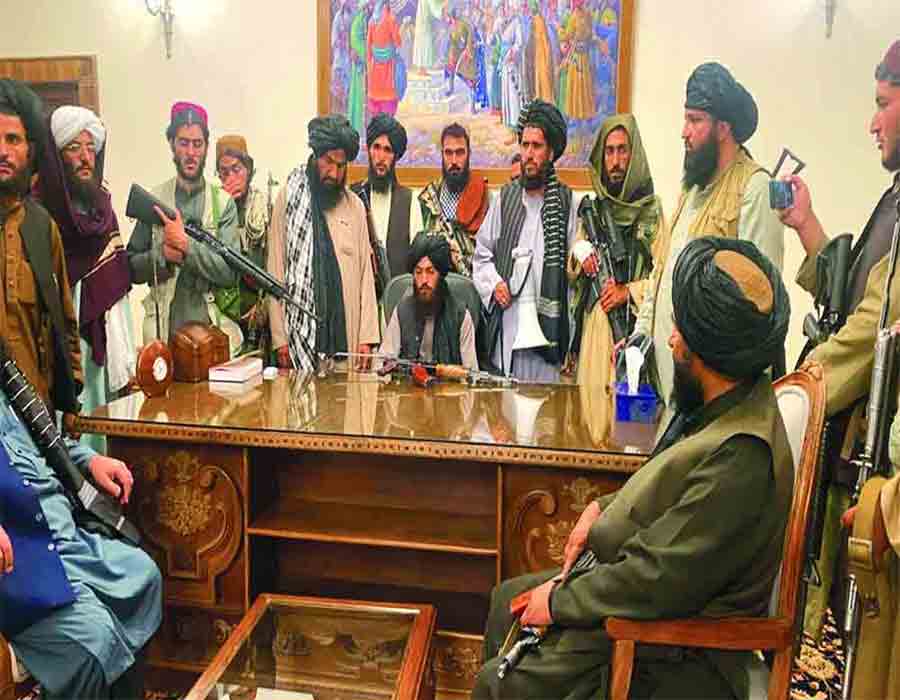
 OpinionExpress.In
OpinionExpress.In
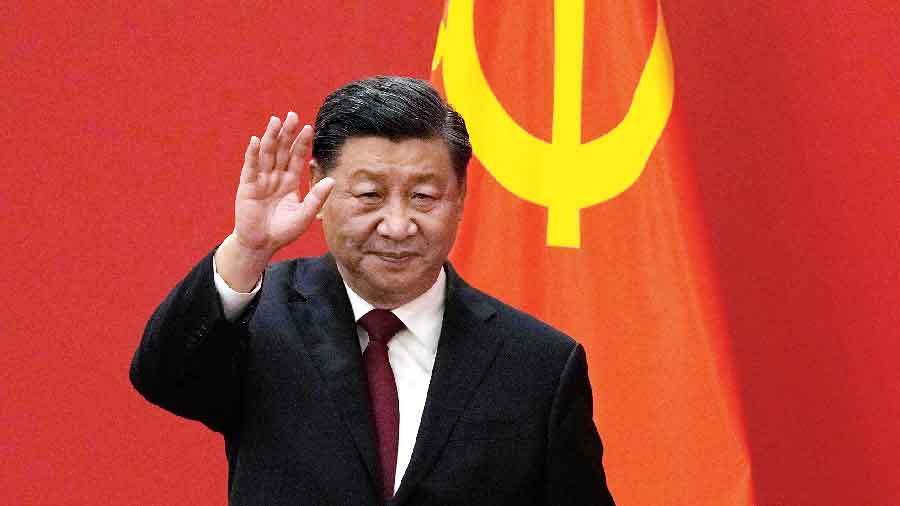

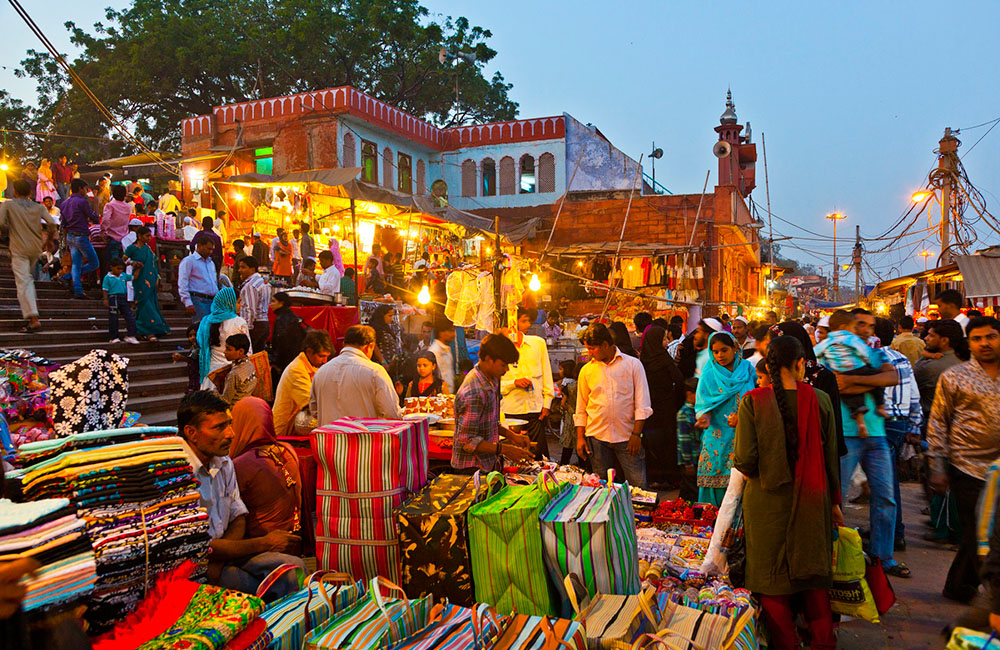
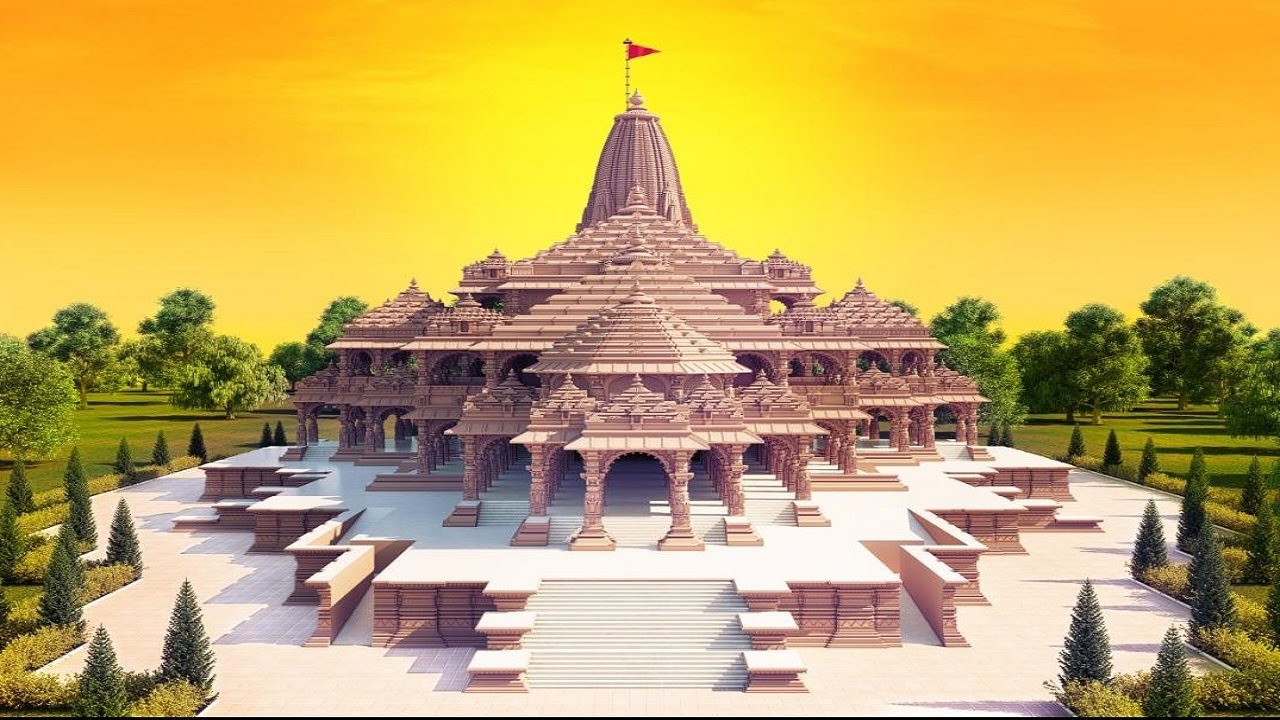
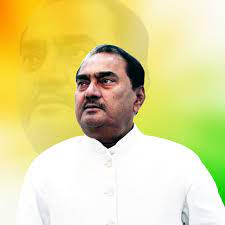
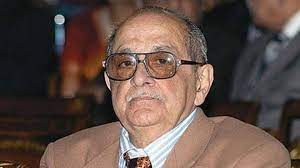
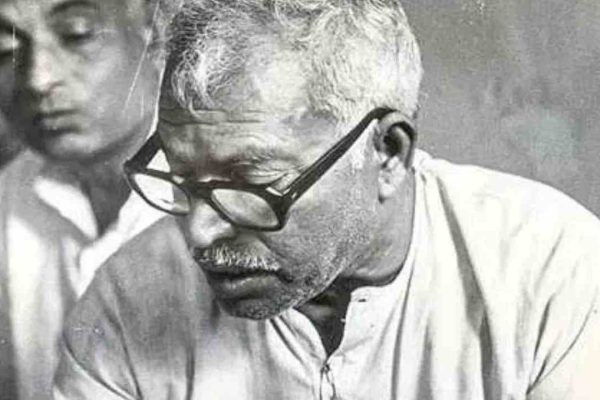
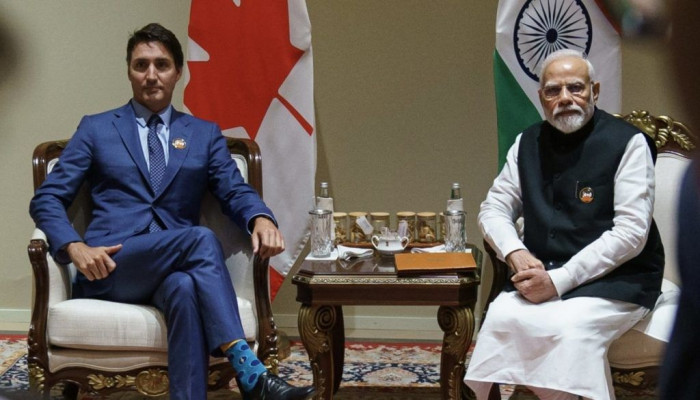
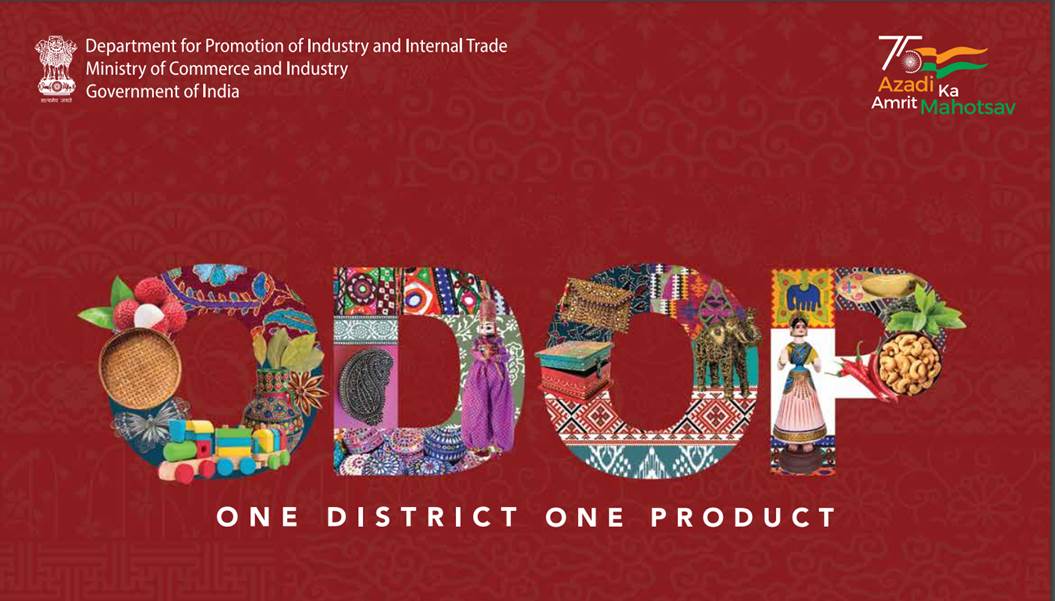






Comments (0)